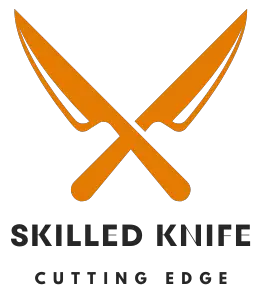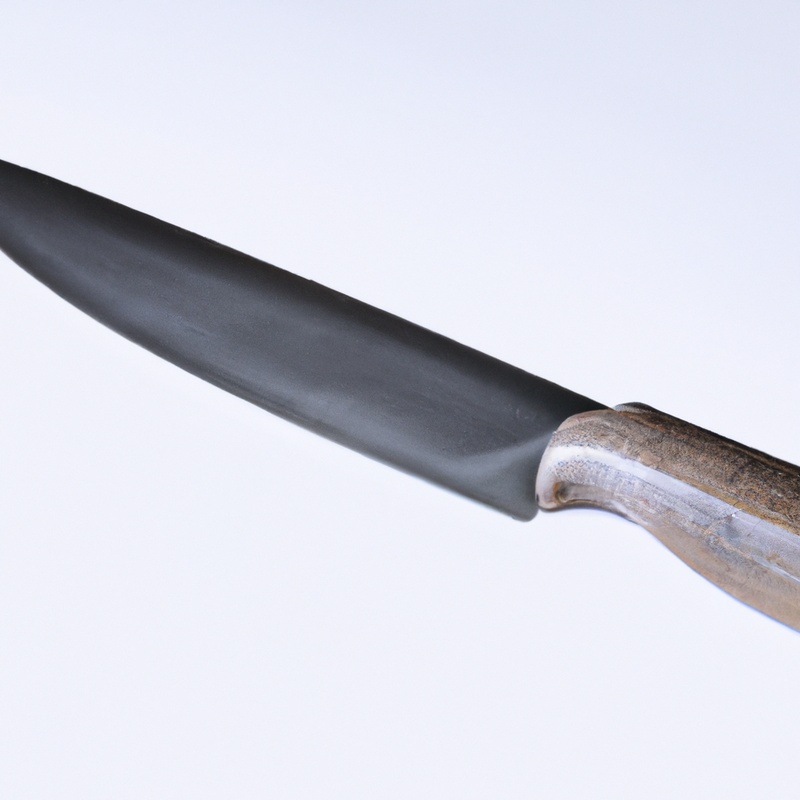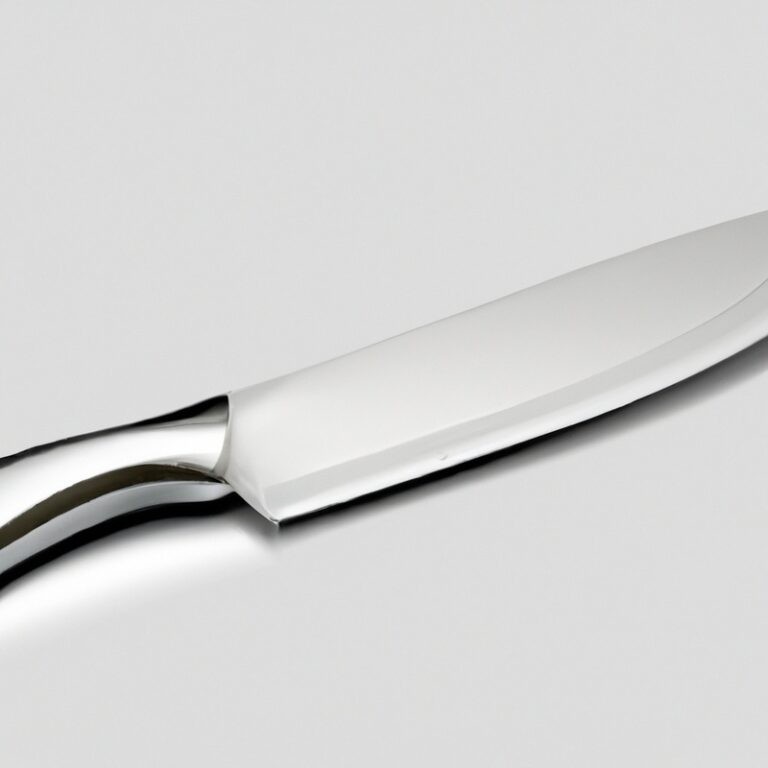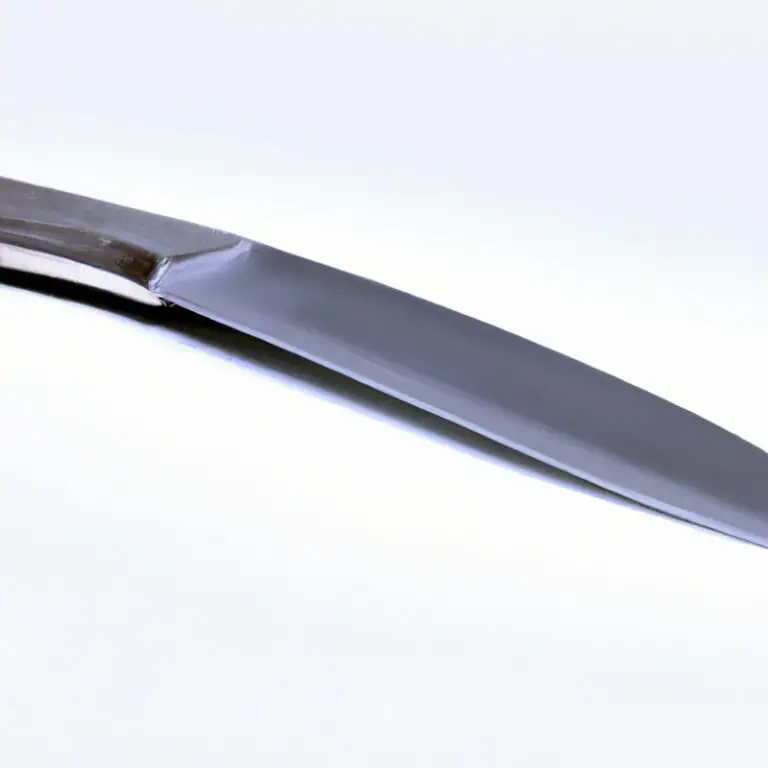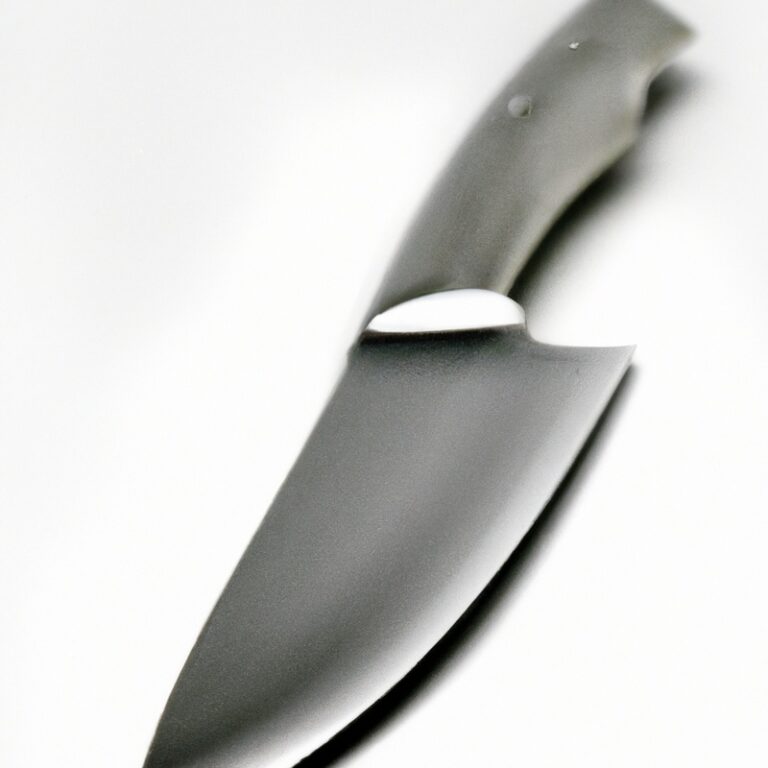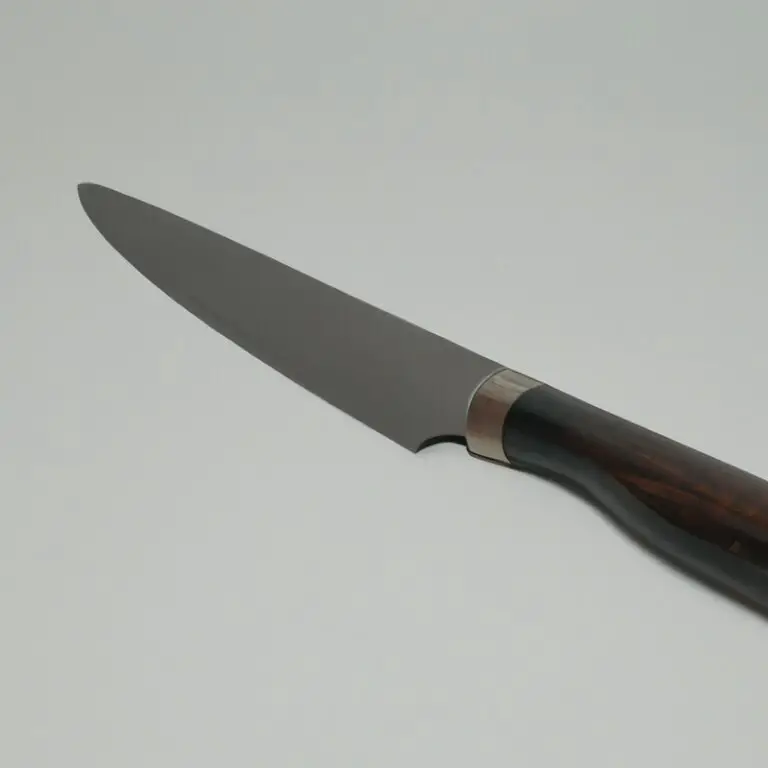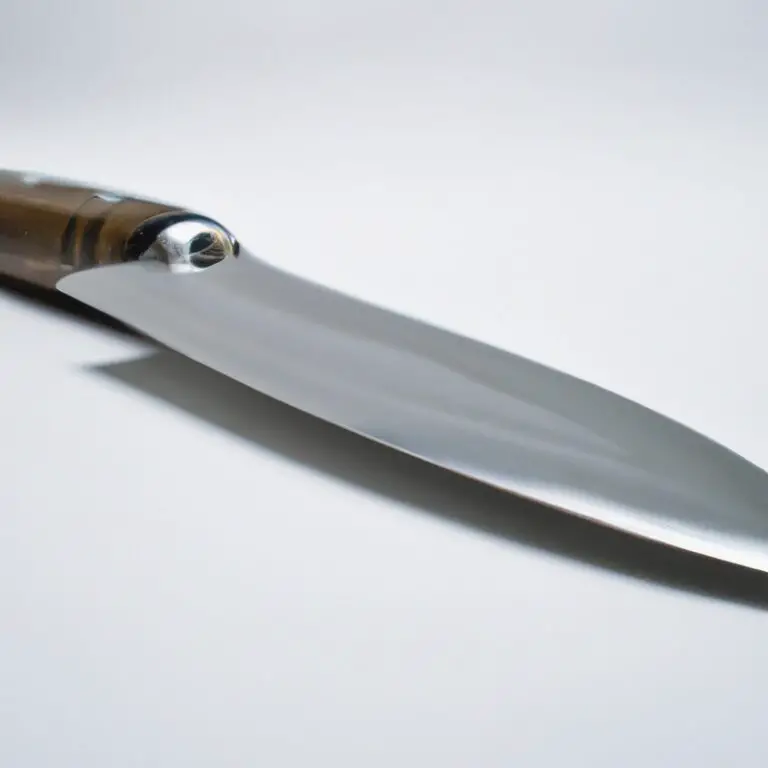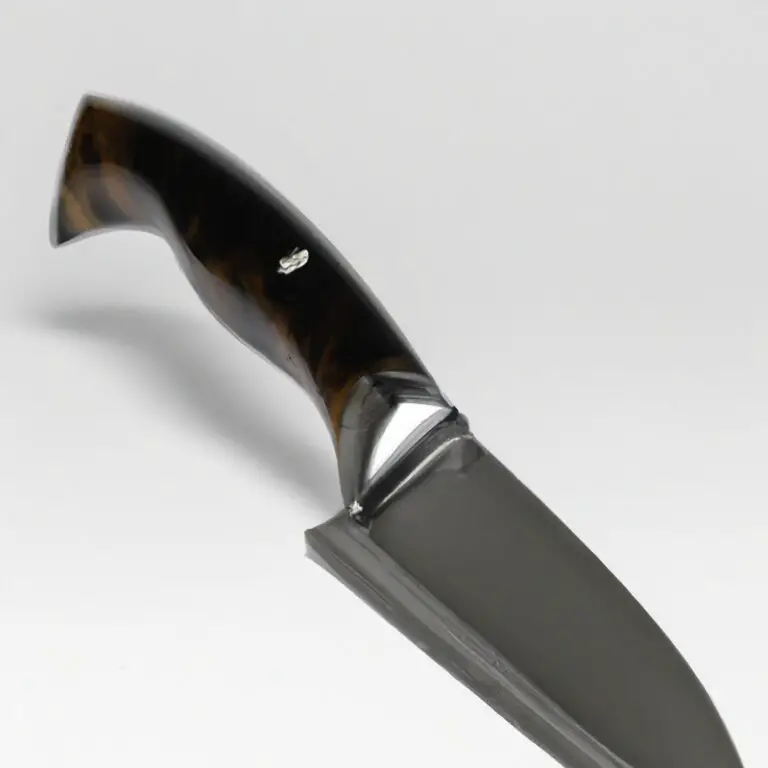What Is The Effect Of Nitrogen In Knife Steel?
Key Takeaways:
- Nitrogen in knife steel improves hardness and strength.
- Nitrogen contributes to enhanced corrosion resistance in knife steel.
- Nitrogen content affects the wear resistance of knife steel.
- Higher nitrogen levels can lead to increased brittleness in knife steel.
Have you ever wondered what makes a high-quality knife blade so sharp, durable, and resistant to corrosion? Well, the answer might lie in an element you might not expect: nitrogen.
Yes, nitrogen! This often overlooked element plays a crucial role in determining the performance of knife steel.
But what exactly is nitrogen, and where does it come from? How does it impact properties like hardness, strength, and corrosion resistance?
And most importantly, how can we maximize its benefits while avoiding any limitations or drawbacks?
Join me as I unravel the mysteries of nitrogen’s influence on knife steel performance and explore how it can elevate your blades to a whole new level.
| Effect of Nitrogen in Knife Steel |
|---|
| Advantages |
| Better corrosion resistance |
| Improved hardness and strength |
| Enhanced wear resistance |
| Greater toughness |
| Increased hardness retention |
| Enhanced edge retention |
| Decreased grain growth |
| Improved machinability |
| Enhanced impact resistance |
| Reduced sensitization to heat |
| Increased resistance to pitting and crevice corrosion |
| Disadvantages |
| Higher material cost |
| Increased difficulty in processing and heat treatment |
| Potential for increased brittleness if nitrogen content is too high |
Understanding the Role of Nitrogen in Knife Steel
What is Nitrogen and Where is it Found?
Nitrogen is a chemical element, symbolized by the letter “N,” and it plays a vital role in the composition of knife steel. It is found in various natural sources, including the air we breathe, where it makes up about 78% of the Earth’s atmosphere.
Additionally, nitrogen can be extracted from other compounds such as ammonia and nitric acid.
Its presence in knife steel helps enhance important properties like corrosion resistance, hardness, and strength. Its abundance and accessibility make it a valuable element for the creation of high-performance knives.
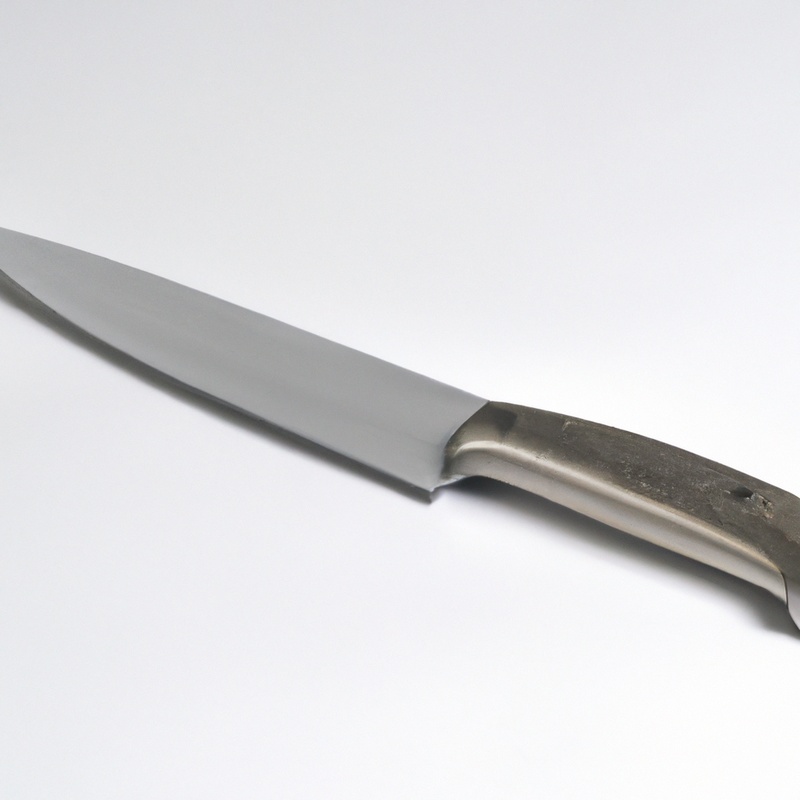
Nitrogen’s Impact on Steel Properties
Nitrogen has a significant impact on the properties of steel. Firstly, it enhances corrosion resistance, making the steel more resistant to rust and oxidation.
Secondly, nitrogen increases hardness and strength, resulting in a durable and tough blade.
Additionally, nitrogen contributes to the retention of sharpness, allowing the blade to stay sharper for longer periods. Lastly, nitrogen improves wear resistance, ensuring that the blade can withstand the rigors of cutting and slicing.
Balancing nitrogen with other alloying elements and employing proper heat treatment is crucial in maximizing these benefits.
Enhanced Corrosion Resistance
Nitrogen plays a significant role in enhancing the corrosion resistance of knife steel.
This element forms nitrides with other alloying elements in the steel, creating a barrier that protects against corrosion.
The presence of nitrogen also helps to improve the passive film formation on the steel’s surface, which further strengthens its resistance to corrosion.
By incorporating nitrogen into knife steel, manufacturers can ensure that the blades have a longer lifespan and remain resistant to rust and deterioration.
This corrosion resistance is advantageous, especially in high-humidity or marine environments where knives are commonly used.
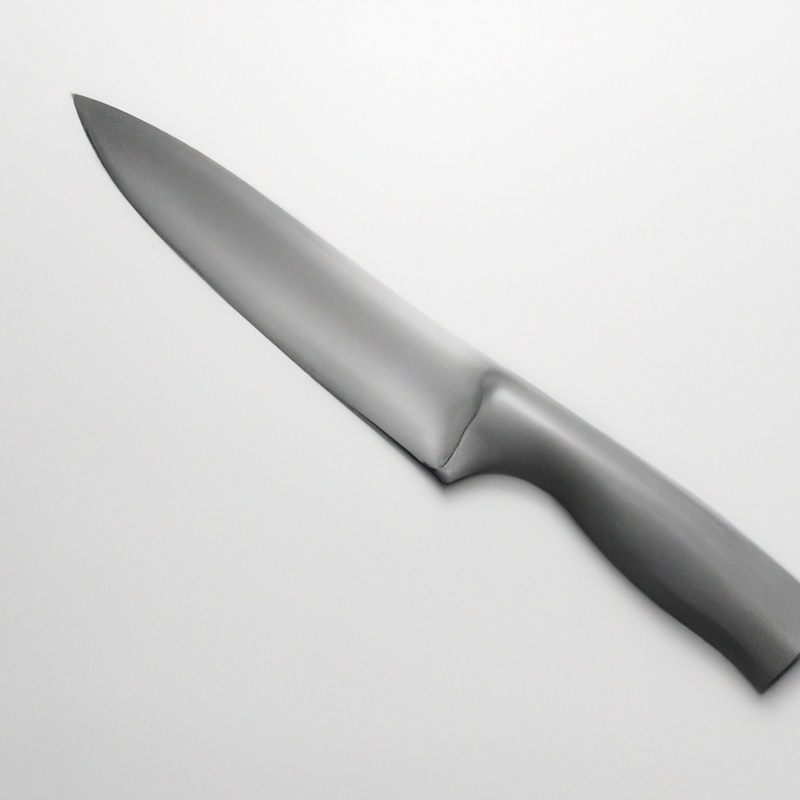
Increased Hardness and Strength
Nitrogen plays a significant role in increasing the hardness and strength of knife steel.
When nitrogen is added to steel, it forms nitrides which help to refine the microstructure.
This refinement leads to a higher degree of hardness and strength in the steel.
Nitrogen also enhances the work-hardening ability of steel, allowing it to resist deformation and retain its shape when subjected to heavy use.
The increased hardness and strength provided by nitrogen result in a knife that is durable and capable of withstanding demanding tasks without easily dulling or breaking.
Nitrogen’s Role in Retaining Sharpness
Nitrogen plays a significant role in retaining the sharpness of knife steel.
It forms hard nitrides, which help in reducing the size and distribution of carbides, resulting in finer microstructures.
This finer microstructure allows for better wear resistance and edge retention.
Nitrogen also increases the hardness and strength of the steel, making it less prone to deformation or dulling.
By balancing nitrogen with other alloying elements and properly heat treating the steel, the sharpness and performance of the knife can be maximized.
Nitrogen’s Effect on Wear Resistance
Nitrogen plays a significant role in enhancing the wear resistance of knife steel.
It forms hard nitrides, which strengthen the steel’s structure and increase its resistance to wear and deformation.
This means that the knife blade can maintain its sharpness and edge retention for longer periods, even with frequent use.
Nitrogen’s effect on wear resistance is a key factor to consider when selecting knife steel, as it directly impacts the performance and durability of the blade.
Limitations and Drawbacks of Nitrogen in Knife Steel
While nitrogen can bring numerous benefits to knife steel, it also has some limitations and drawbacks. One significant drawback is that excessive nitrogen content can lead to reduced toughness and increased brittleness in the steel.
This can make the knife more prone to chipping or breaking under heavy use or impact.
Another limitation is that nitrogen can decrease the steel’s machinability, making it more difficult to shape and work with during the manufacturing process. It’s essential for knife makers to carefully balance the nitrogen content to avoid these drawbacks and ensure optimal performance.
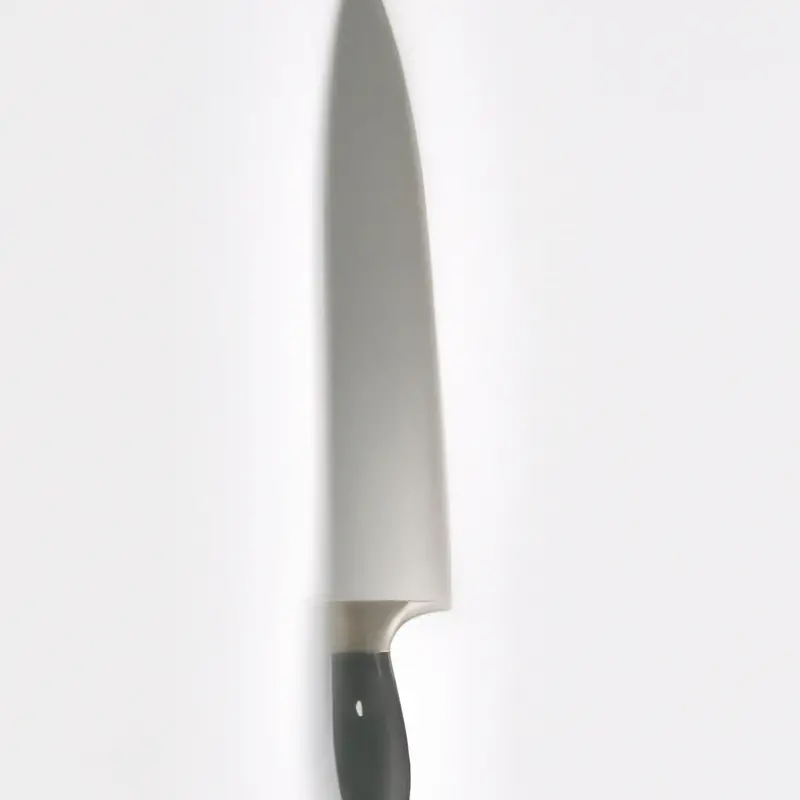
Balancing Nitrogen with Other Alloying Elements
Balancing nitrogen with other alloying elements is key to achieving optimal steel performance in knives.
Nitrogen interacts with other elements such as carbon, chromium, and molybdenum to influence hardness, corrosion resistance, and sharpness retention.
Finding the right balance is vital to ensure desired properties of the steel.
For example, too much nitrogen can lead to reduced toughness, while too little nitrogen may result in poor corrosion resistance.
Understanding the synergistic effects of nitrogen and other alloying elements is crucial for creating high-quality knife steel.
The Importance of Heat Treatment in Maximizing Nitrogen’s Benefits
Heat treatment plays a crucial role in maximizing the benefits of nitrogen in knife steel. Proper heat treatment allows nitrogen to form nitride precipitates, which enhance the steel’s hardness and wear resistance.
It also helps in maximizing nitrogen’s contribution to corrosion resistance.
By controlling the heating and cooling processes, the desired microstructure and properties can be achieved. Heat treatment also helps in relieving internal stresses, improving toughness, and optimizing the overall performance of the knife steel.
When it comes to getting the most out of nitrogen in knife steel, a well-executed heat treatment is essential.
Final Verdict
Understanding the role of nitrogen in knife steel is essential for optimizing performance and durability. Nitrogen enhances corrosion resistance, increases hardness and strength, and plays a crucial role in retaining sharpness and improving wear resistance.
However, balancing nitrogen with other alloying elements and proper heat treatment are key to maximizing its benefits.
By harnessing the power of nitrogen, knife enthusiasts can enjoy blades that deliver exceptional performance, durability, and cutting edge retention.
